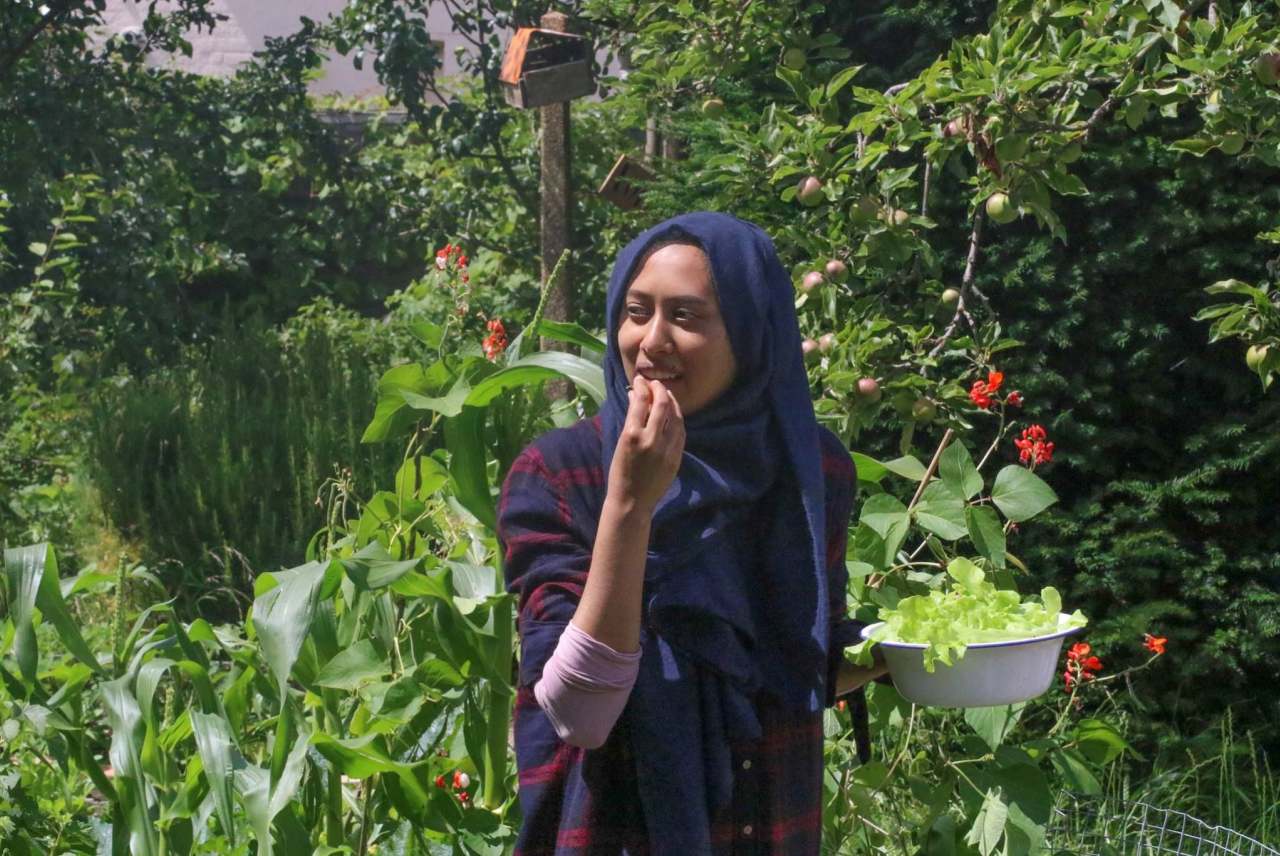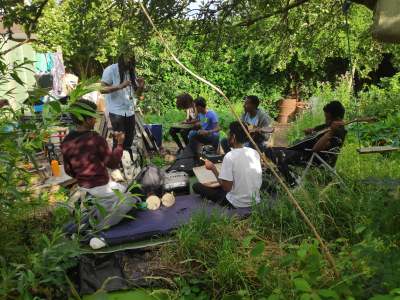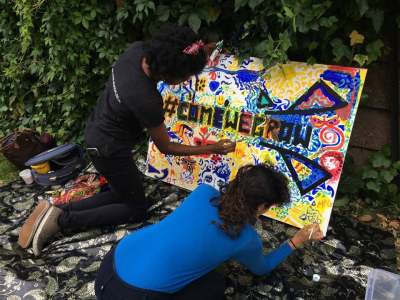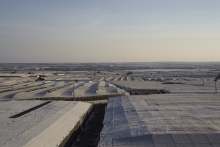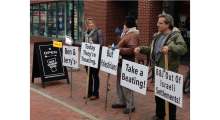Over the last 14 years, May Project Gardens has been supporting the most marginalised members of society, including young people of colour, unaccompanied refugee minors and those with mental health challenges. From our community permaculture garden, we work with people to grow food, run creative workshops and provide a space for those who face hardship to find comfort, solace and emotional support.
Through all these 14 years, this work has never felt more needed than in the last four months. But with coronavirus and an approaching recession, projects and spaces like ours are under threat. We desperately need your help and investment to save May Project Gardens and help us grow and become self-sufficient in the midst of this Global Pandemic – which is why we are Crowdfunding to own our own premises.
Sustaining a grassroots community project
Asking for money has never felt comfortable or come naturally for me. Most of the time, we can hide behind bid writing; an almost ‘anonymous’ exchange, handled very formally between you as a ‘service provider’ and the funder as an entity who exist for the purposes of funding and therefore is meant to be asked for money. But raising your funds purely from funders has its limits.
We can try to cover up the blatantness of asking for money by selling t-shirts, or tickets to events or anything that passes it off as an ‘exchange’. It’s acceptable in our capitalist system to get money for the offer of a product or service, rather than just asking and sharing. Nothing is given for free. So we all do sponsored runs; fundraising dinners; raffles; auctions etc, all to disguise the fact that essentially people without money, without access to resources, are asking those who have it, to redistribute it. It somehow makes the giver and receiver feel more comfortable, even if both parties know they don’t really need that branded t-shirt or food hamper that’s been exchanged for their cash, but it keeps the illusion going and prides in check.
Other fundraising options that have emerged in recent years, such as ‘social investment’, rely on your project producing a financial return on the money invested, as opposed to just a ‘social’ return. Although this isn’t impossible, it often goes against the core of what we’re doing and why. The moment you introduce finance into your work, it changes your priorities. So supporting young refugees, like we do for example, could indirectly have financial benefits because the more these young people learn English or overcome personal traumas, the more likely they are to get jobs and contribute to the economy. However, the moment you start to aim for that, your work becomes about that outcome, rather than focusing on their wellbeing and what they need. For those of us who believe in doing the work just because it’s the right thing to do and not for its outcomes, that’s an uncomfortable way to work.
